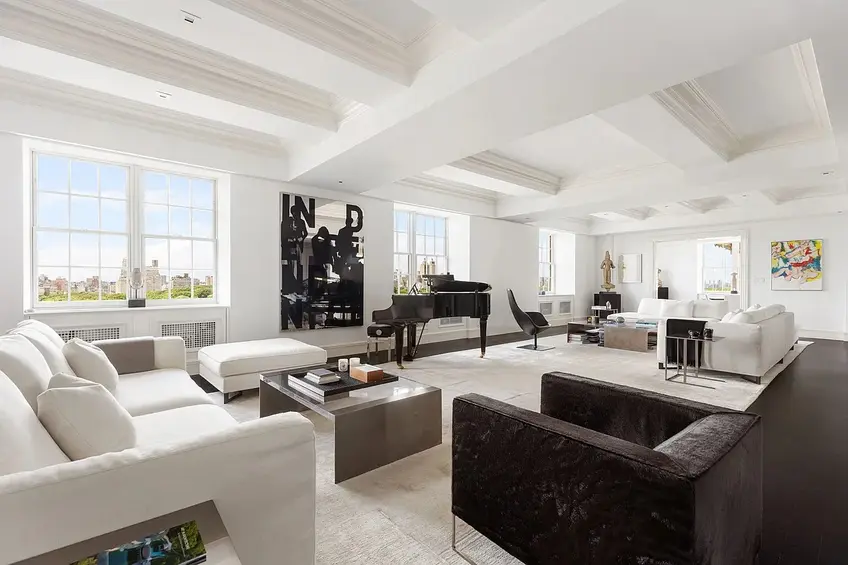 The Stanhope, 995 Fifth Avenue, #16 | https://www.cityrealty.com/nyc/carnegie-hill/the-stanhope-995-fifth-avenue/apartment-16/JaauuvkF
The Stanhope, 995 Fifth Avenue, #16 | https://www.cityrealty.com/nyc/carnegie-hill/the-stanhope-995-fifth-avenue/apartment-16/JaauuvkF
In May 2024, New York State Senator Liz Krueger and Assemblywoman Linda Rosenthal introduced legislation that would limit massive fee spikes in land-lease buildings, also known as ground-lease. Such listings frequently attract attention for their low sticker prices, but the money saved could very well go straight to higher than average monthly fees that cover the land lease payments as well as property taxes, staff salaries, and everything else maintenance fees cover.
The Real Estate Board of New York and landowners have come out against the bill, calling it a handout to the wealthy who should have known better when they bought these apartments. However, a group of decidedly middle-class co-op owners traveled to Albany to plead their case and describe how the land leases have affected them. As of this writing, the bills are still in committee.
Regardless of what happens with the legislation, it is important to understand that not all land-lease buildings carry equal benefits or risks. This article goes into detail about how this model works, who the landlords are likeliest to be, and how to mitigate risk.
The Real Estate Board of New York and landowners have come out against the bill, calling it a handout to the wealthy who should have known better when they bought these apartments. However, a group of decidedly middle-class co-op owners traveled to Albany to plead their case and describe how the land leases have affected them. As of this writing, the bills are still in committee.
Regardless of what happens with the legislation, it is important to understand that not all land-lease buildings carry equal benefits or risks. This article goes into detail about how this model works, who the landlords are likeliest to be, and how to mitigate risk.
In this article:
Land-lease or ground-lease buildings defined
The vast majority of condos and coops in New York City own the land on which they were constructed. In the case of land-lease buildings, the land isn't owned by the building (or more precisely, by its owners or shareholders) but leased from a third party. Unlike other rental arrangements, which often involve very short-term leases, most land leases in New York City run for 99 years with the option of a 20-year extension.
Potential risks when purchasing in a land-lease building
While some land lease purchases are relatively low risk and even strong investments, others come with several potential risks, including the following:
Fee hikes
While fee hikes are inevitable in any building, they can be astronomical in land-lease buildings. In most cases, fees spike when the land lease expires or is nearing expiration, though in some cases, residents have found other solutions.
In 1983, long before Donald Trump turned his attention to politics, he negotiated a 40-year lease for the land upon which the Trump Plaza would eventually be built. As part of the deal, the land would be leased for a mere $1.2 million annually. As the lease’s expiration date grew near, residents of Trump Plaza realized that if they let their lease expire, their fees would skyrocket. In the end, the residents raised close to $190 million in cash to buy the land, and in the process, successfully converted their land-lease building into a land-owned building.
While fee hikes are inevitable in any building, they can be astronomical in land-lease buildings. In most cases, fees spike when the land lease expires or is nearing expiration, though in some cases, residents have found other solutions.
In 1983, long before Donald Trump turned his attention to politics, he negotiated a 40-year lease for the land upon which the Trump Plaza would eventually be built. As part of the deal, the land would be leased for a mere $1.2 million annually. As the lease’s expiration date grew near, residents of Trump Plaza realized that if they let their lease expire, their fees would skyrocket. In the end, the residents raised close to $190 million in cash to buy the land, and in the process, successfully converted their land-lease building into a land-owned building.
Financing obstacles
With few exceptions, purchasing real estate in New York City is always considered a safe long-term investment because whatever you buy, it is almost inevitable that the property itself, or at least the land on which it resides, will accrue value over time. One exception to the rule is units purchased in land-lease buildings. In fact, in contrast to almost any other type of real estate, units in land-lease buildings often lose rather than gain value over time compared to comparable units in similar neighborhoods. For this reason, The City reports that some banks now refuse to lend in certain land-lease buildings, which is scaring prospective buyers away.
With few exceptions, purchasing real estate in New York City is always considered a safe long-term investment because whatever you buy, it is almost inevitable that the property itself, or at least the land on which it resides, will accrue value over time. One exception to the rule is units purchased in land-lease buildings. In fact, in contrast to almost any other type of real estate, units in land-lease buildings often lose rather than gain value over time compared to comparable units in similar neighborhoods. For this reason, The City reports that some banks now refuse to lend in certain land-lease buildings, which is scaring prospective buyers away.
"Reset to market" clauses
Occasionally, land-lease buildings include a “reset to market” clause. One Manhattan building with a reset clause is The Excelsior, a cooperative at 303 East 57th Street. According to the building’s lease, once a decade, the rent resets to 6 percent of the value of the land. Again, in sharp contrast to buying in a non-land-lease building where one’s fees may edge up over time but, in the absence of a major assessment, generally only edge up a few percent each year, buying in a land-lease building with a “reset to market” clause can result in one’s fees soaring by thousands of dollars. Indeed, The Excelsior has drawn attention for low sticker prices but staggering monthly fees (e.g., a high-floor one-bedroom with a private balcony is listed for $475,000 with $4,665 monthly fees).
Occasionally, land-lease buildings include a “reset to market” clause. One Manhattan building with a reset clause is The Excelsior, a cooperative at 303 East 57th Street. According to the building’s lease, once a decade, the rent resets to 6 percent of the value of the land. Again, in sharp contrast to buying in a non-land-lease building where one’s fees may edge up over time but, in the absence of a major assessment, generally only edge up a few percent each year, buying in a land-lease building with a “reset to market” clause can result in one’s fees soaring by thousands of dollars. Indeed, The Excelsior has drawn attention for low sticker prices but staggering monthly fees (e.g., a high-floor one-bedroom with a private balcony is listed for $475,000 with $4,665 monthly fees).
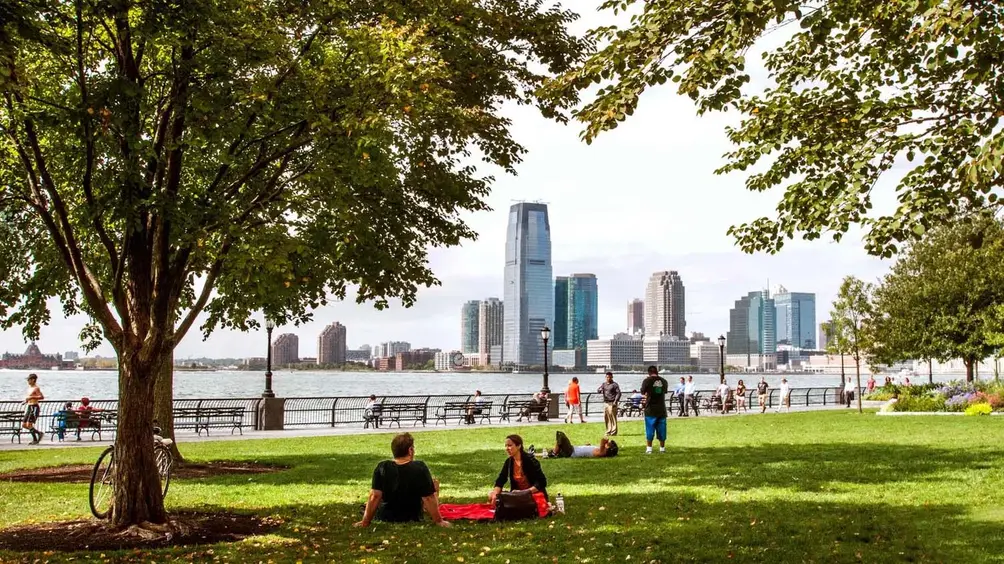 Battery Park City (CityRealty)
Battery Park City (CityRealty)
Mitigate risks by researching the landlord
As anyone who has ever rented will appreciate, the experience of renting depends a great deal on your landlord. The same holds when leasing land for an entire building. In short, different landlords create different degrees of stability for current and future tenants. As a result, when buying a unit in a land-lease building, it is important to research the building and its financials and the landlord.
City of New York
A high percentage of buildings reside on government-owned land. For example, most of the units in Battery Park City were built on Battery Park City Authority land, which is technically owned by the city itself. The neighborhood’s land-lease buildings include Battery Pointe, The Cove Club, Hudson View East, Hudson View West, Liberty Court, and Riverhouse, among many other buildings (a complete list is available here).
While owning a unit on rented land can be perilous, residents of Battery Park City don’t have much to worry about, at least not in the near future. In December 2022, Governor Kathy Hochul signed a bill that extends the lease between Battery Park City Authority and the City of New York for an additional 50 years, which means the current lease for the neighborhood won’t expire until June 18, 2119. The bill also offers robust protections for older and lower-income residents who have become vulnerable to rising fees due to increased property values and tax assessments.
A high percentage of buildings reside on government-owned land. For example, most of the units in Battery Park City were built on Battery Park City Authority land, which is technically owned by the city itself. The neighborhood’s land-lease buildings include Battery Pointe, The Cove Club, Hudson View East, Hudson View West, Liberty Court, and Riverhouse, among many other buildings (a complete list is available here).
While owning a unit on rented land can be perilous, residents of Battery Park City don’t have much to worry about, at least not in the near future. In December 2022, Governor Kathy Hochul signed a bill that extends the lease between Battery Park City Authority and the City of New York for an additional 50 years, which means the current lease for the neighborhood won’t expire until June 18, 2119. The bill also offers robust protections for older and lower-income residents who have become vulnerable to rising fees due to increased property values and tax assessments.
Religious organizations
Thanks to a 1705 “gift” of 215 acres from Queen Anne, Trinity Church Wall Street has been one of the city’s wealthiest landlords for centuries. In fact, the church still owns 14 acres of land, including valuable swaths of land in Lower Manhattan and Hudson Yards. Land or ground leases have long been part of the Church’s real estate portfolio, which a 2019 article in The New York Times estimated to be worth upwards of $6 billion. The Catholic Church has also historically benefited from an extensive real estate portfolio which includes profits generated from land leases. A 2019 investigation published by Gothamist reported that between 2012 and 2019, there were at least eight Catholic church sales or land leases totaling $145.7 million.
But it’s not only Christian denominations that have a foothold in the land lease business in New York City. Upper East Side condop One Carnegie Hill is a land-lease building that rests on property owned by the Islamic Cultural Center of New York. Downtown in the East Village, a much smaller luxury condo development sits on land owned by the Congregation Mezritch Synagogue.
Thanks to a 1705 “gift” of 215 acres from Queen Anne, Trinity Church Wall Street has been one of the city’s wealthiest landlords for centuries. In fact, the church still owns 14 acres of land, including valuable swaths of land in Lower Manhattan and Hudson Yards. Land or ground leases have long been part of the Church’s real estate portfolio, which a 2019 article in The New York Times estimated to be worth upwards of $6 billion. The Catholic Church has also historically benefited from an extensive real estate portfolio which includes profits generated from land leases. A 2019 investigation published by Gothamist reported that between 2012 and 2019, there were at least eight Catholic church sales or land leases totaling $145.7 million.
But it’s not only Christian denominations that have a foothold in the land lease business in New York City. Upper East Side condop One Carnegie Hill is a land-lease building that rests on property owned by the Islamic Cultural Center of New York. Downtown in the East Village, a much smaller luxury condo development sits on land owned by the Congregation Mezritch Synagogue.
Would you like to tour any of these properties?
Just complete the info below.
Or call us at (212) 755-5544
Private developers
The final category of land leases is those that involve deals with private developers. The aforementioned Trump Plaza deal is one of the most well-known, largely because the residents achieved a favorable outcome, albeit at a high cost. At Carnegie House, another privately-owned land-lease building on what has become known as Billionaires' Row, residents appear to be bracing for a different outcome when their lease expires in March 2025 since current owners appear eager to sell off their units. Currently, it is possible to purchase a two-bedroom, two-bath unit in the building for a mere $250,000. While a two-bedroom, two-bath unit in Manhattan may be a great investment, potential buyers need to be prepared to pay over $4,000 in monthly fees and potentially much more once the building’s land lease expires in the near future.
The final category of land leases is those that involve deals with private developers. The aforementioned Trump Plaza deal is one of the most well-known, largely because the residents achieved a favorable outcome, albeit at a high cost. At Carnegie House, another privately-owned land-lease building on what has become known as Billionaires' Row, residents appear to be bracing for a different outcome when their lease expires in March 2025 since current owners appear eager to sell off their units. Currently, it is possible to purchase a two-bedroom, two-bath unit in the building for a mere $250,000. While a two-bedroom, two-bath unit in Manhattan may be a great investment, potential buyers need to be prepared to pay over $4,000 in monthly fees and potentially much more once the building’s land lease expires in the near future.
The bottom line is that buying in a land-lease or ground-lease building isn’t necessarily a risky investment. Many of these buildings offer great value and are a stable long-term investment. In order to mitigate one’s risks, however, it is important to carefully research the building and its financials and consider who owns the land on which the building resides.
Select active listings in land-lease buildings
The Stanhope, #16
$24,250,000
Carnegie Hill | Condop | 6+ Bedrooms, 6+ Baths | 8,360 ft2This is a land-leased building that expires in 2154

The Stanhope, #16 (Corcoran Group)

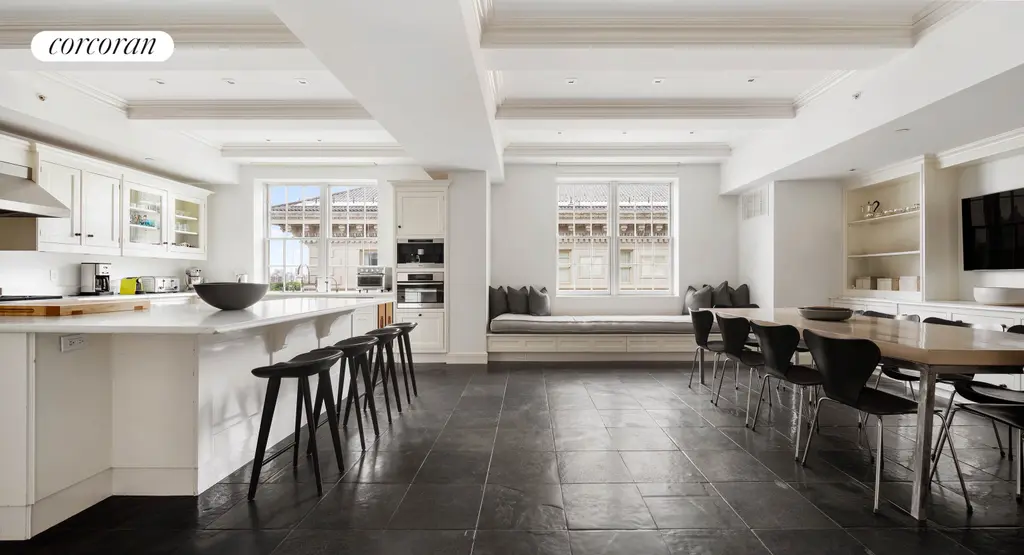
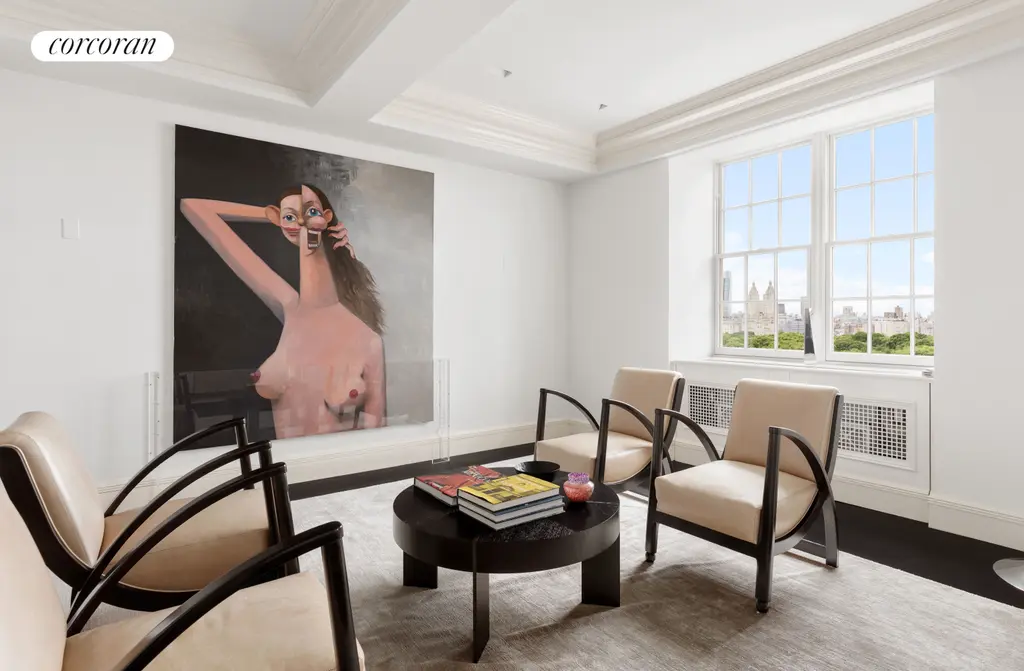
Carlton House, #8E
$9,250,000
Park/Fifth Ave. to 79th St. | Condop | 3 Bedrooms, 3.5 Baths | 2,507 ft2While The Carlton House sits on a land lease on Madison Avenue, the owner of the retail space on the ground floor responsible for paying the 156-year lease, not the residence owners. So owners pay nothing for this.
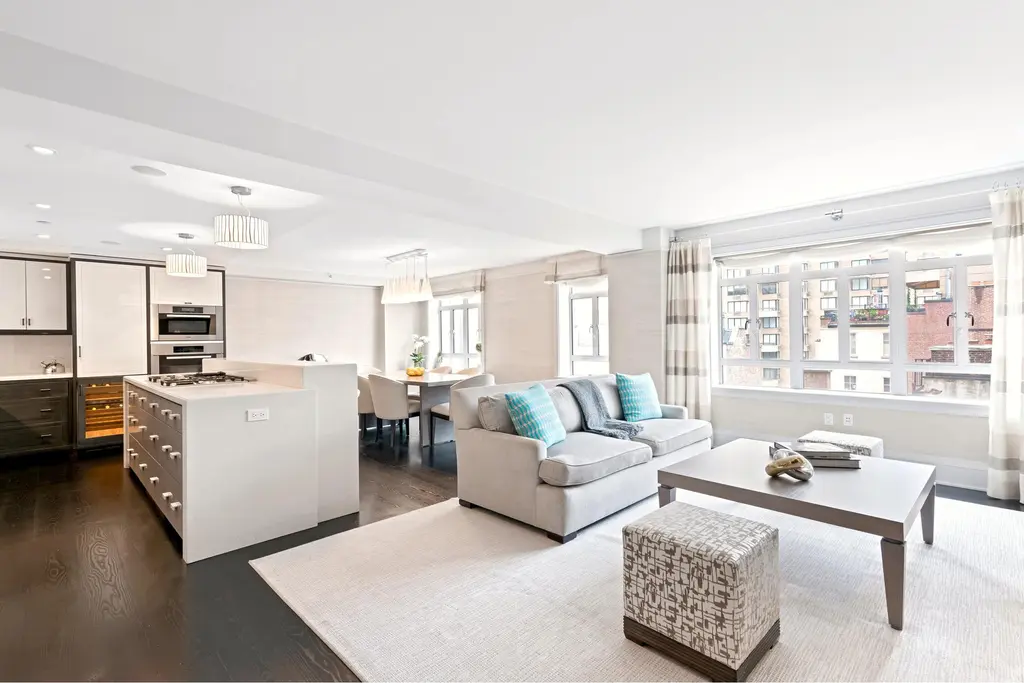
Carlton House, #8E (Douglas Elliman Real Estate)

The Intercontinental, #11BC
$6,920,000 (-8.8%)
Midtown West | Condop | 4 BedroomsThis is a land-leased building that expires in 2101
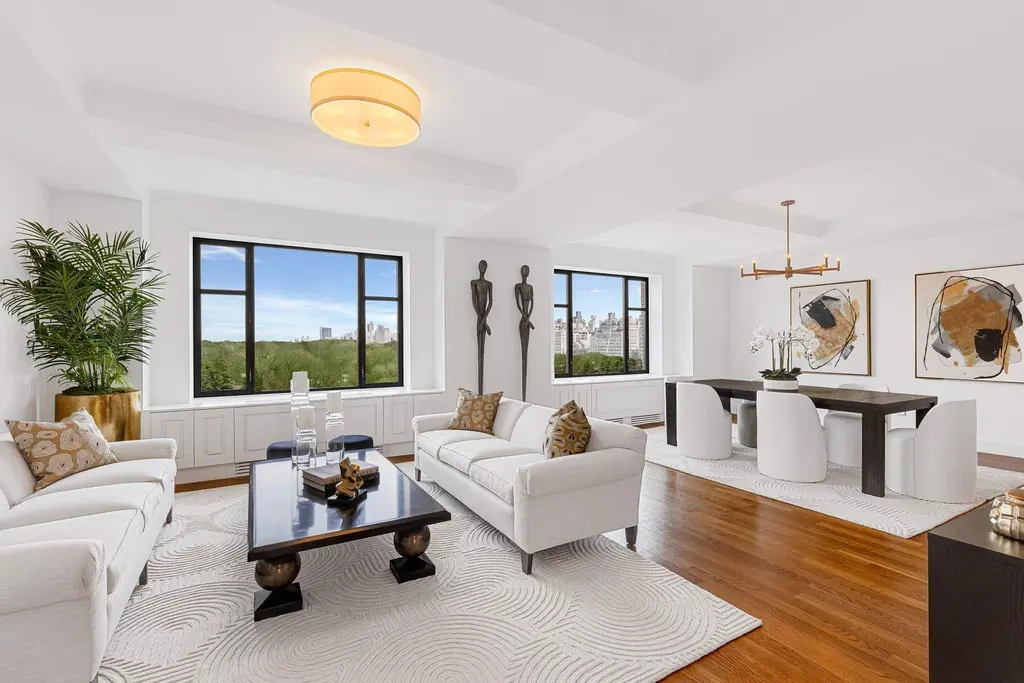
The Intercontinental, #11BC (Sothebys International Realty)
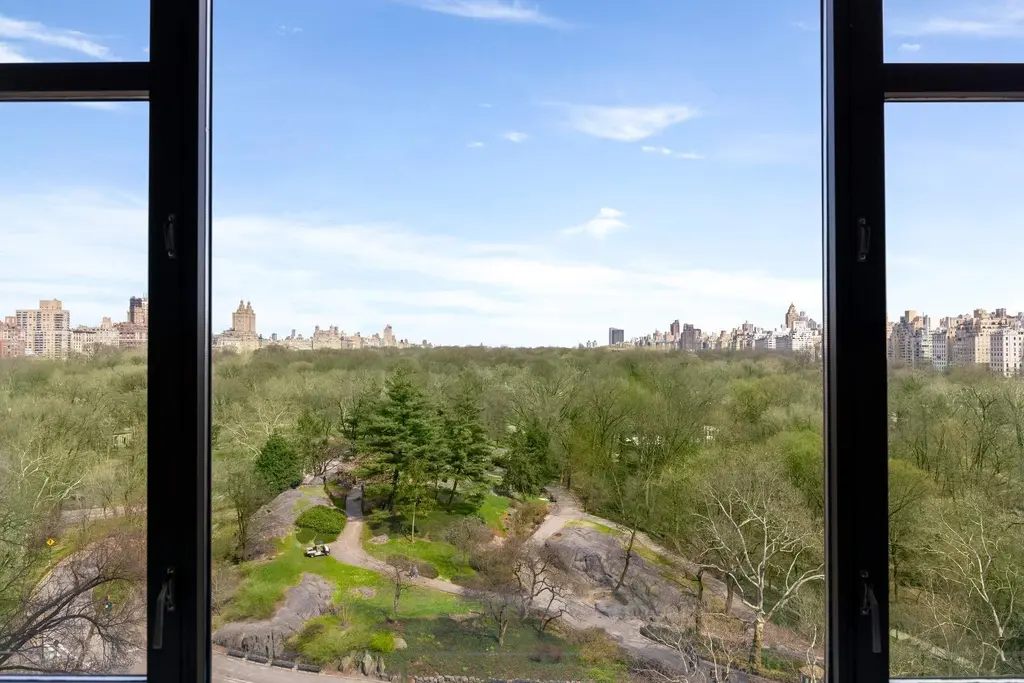
70 Charlton, #PENTHOUSEC
$5,500,000
SoHo | Condominium | 3 Bedrooms, 3 Baths | 1,848 ft2This is a land-leased building that expires in 2163

70 Charlton, #PENTHOUSEC (Societe Real Estate)

West End and Eighty Seven, #PHB
$3,995,000
Riverside Dr./West End Ave. | Condop | 5 Bedrooms, 5.5 Baths | 3,882 ft2This is a land-leased building that expires in 2114
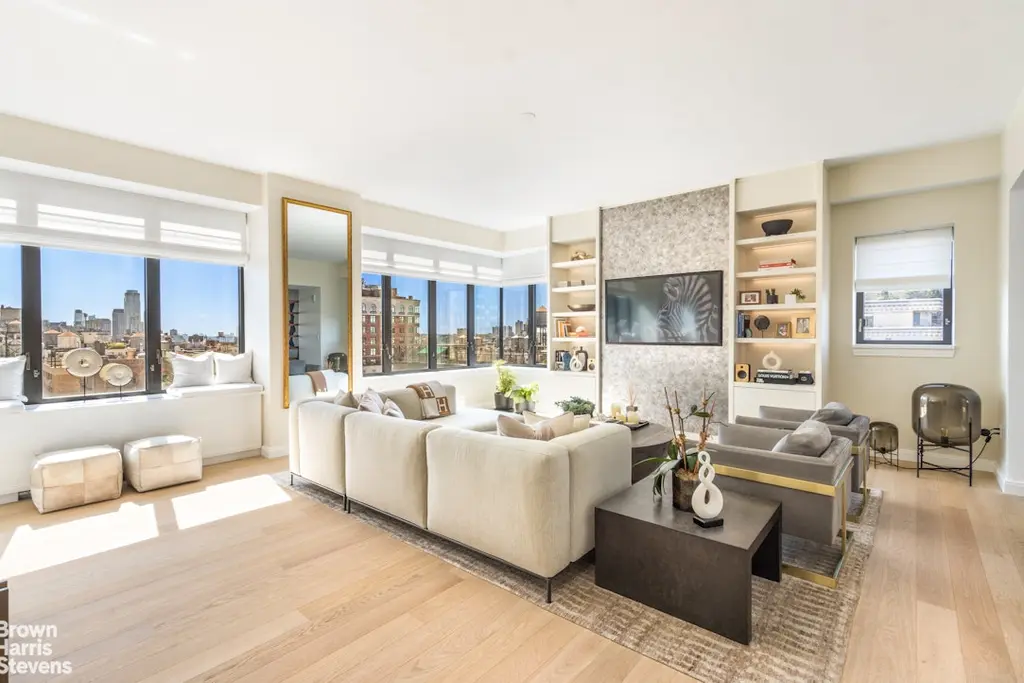
West End and Eighty Seven, #PHB (Brown Harris Stevens Residential Sales LLC)
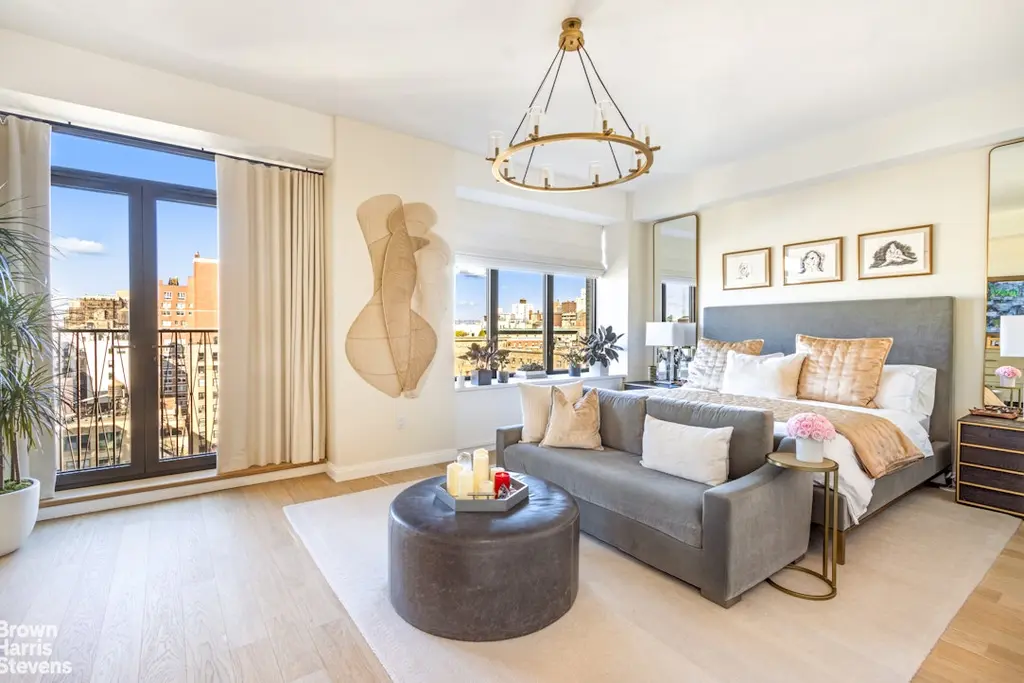
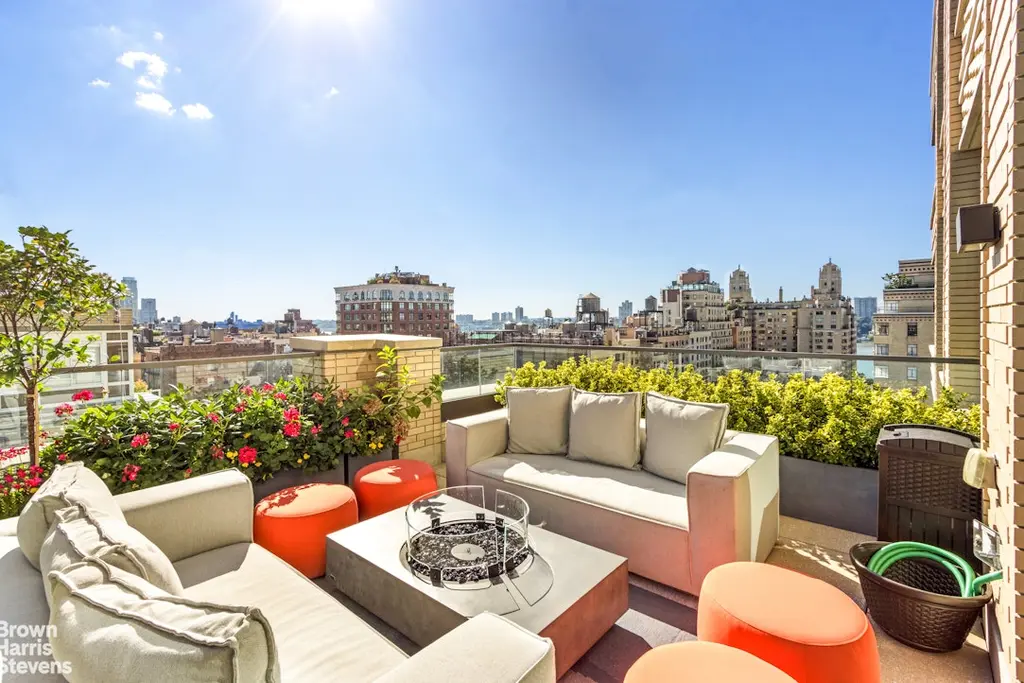
2 Tudor City Place, #11JS
$1,500,000
Turtle Bay/United Nations | Cooperative | 3 Bedrooms, 2.5 Baths | 1,600 ft2This is a land-leased building that expires in 2150
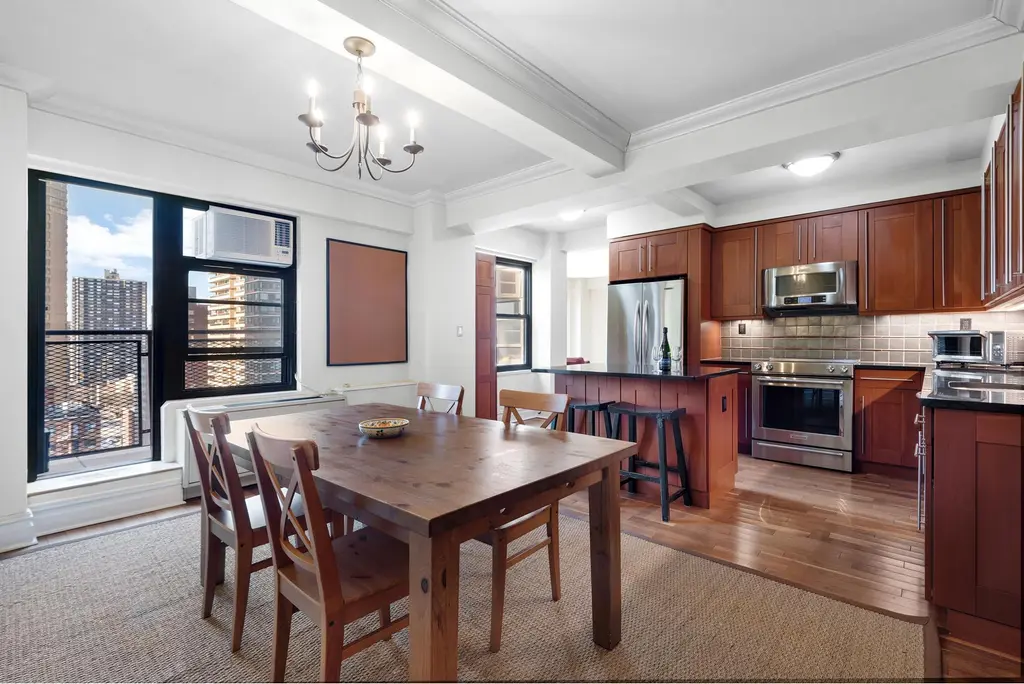
2 Tudor City Place, #11JS (Douglas Elliman Real Estate)
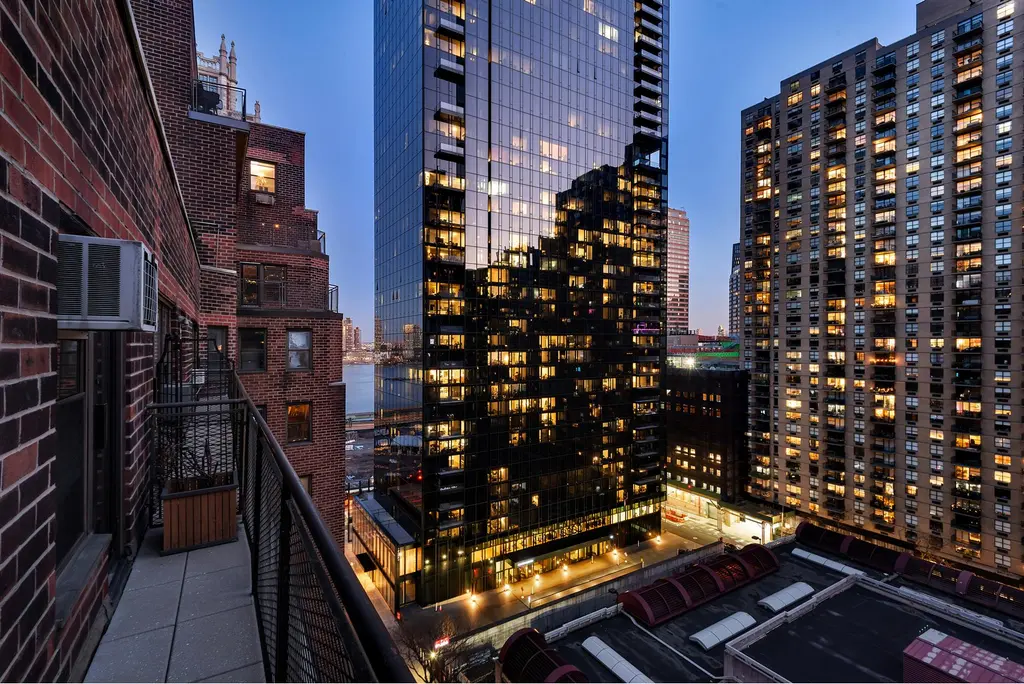
Riverhouse - One Rockefeller Park, #3F
$1,290,000
Battery Park City | Condominium | 1 Bedroom, 1 Bath | 822 ft2BPCA land lease master 2119
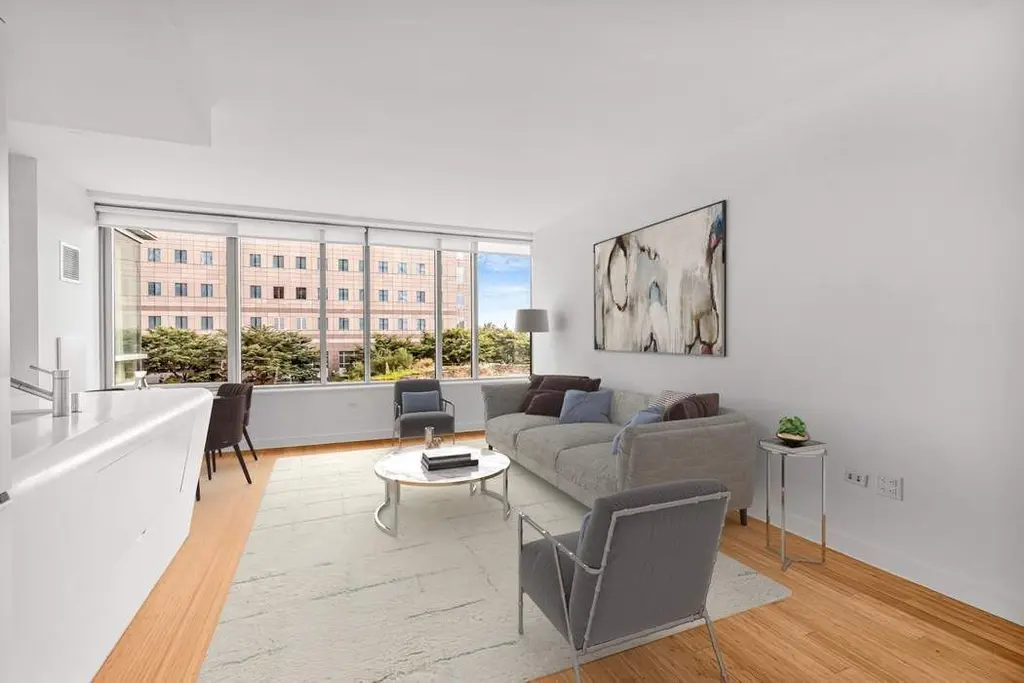
Riverhouse - One Rockefeller Park, #3F (Sothebys International Realty)
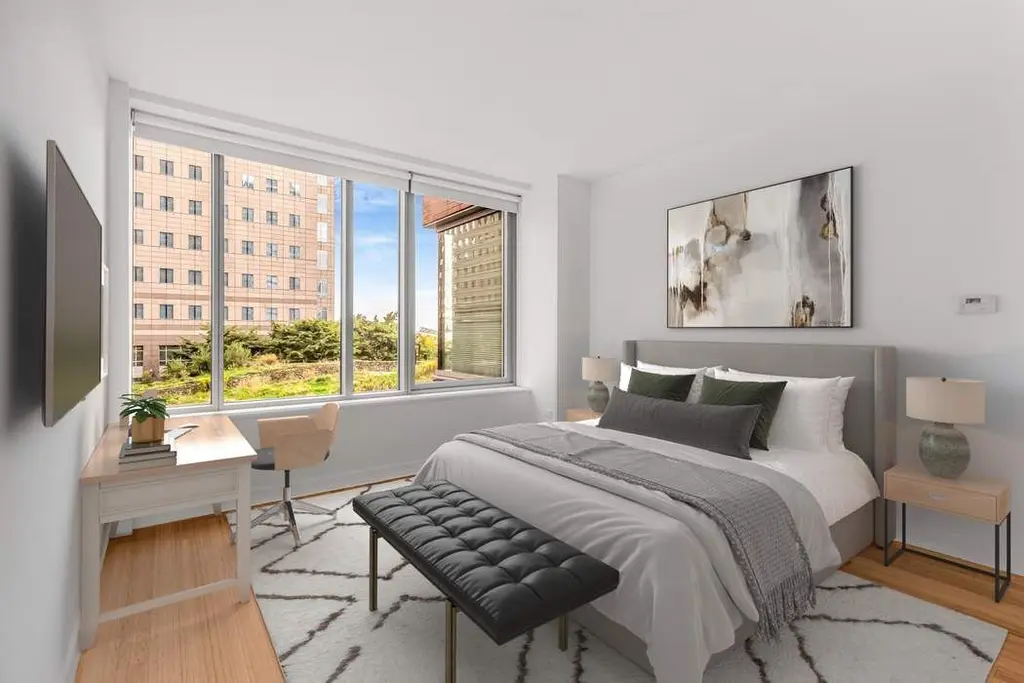
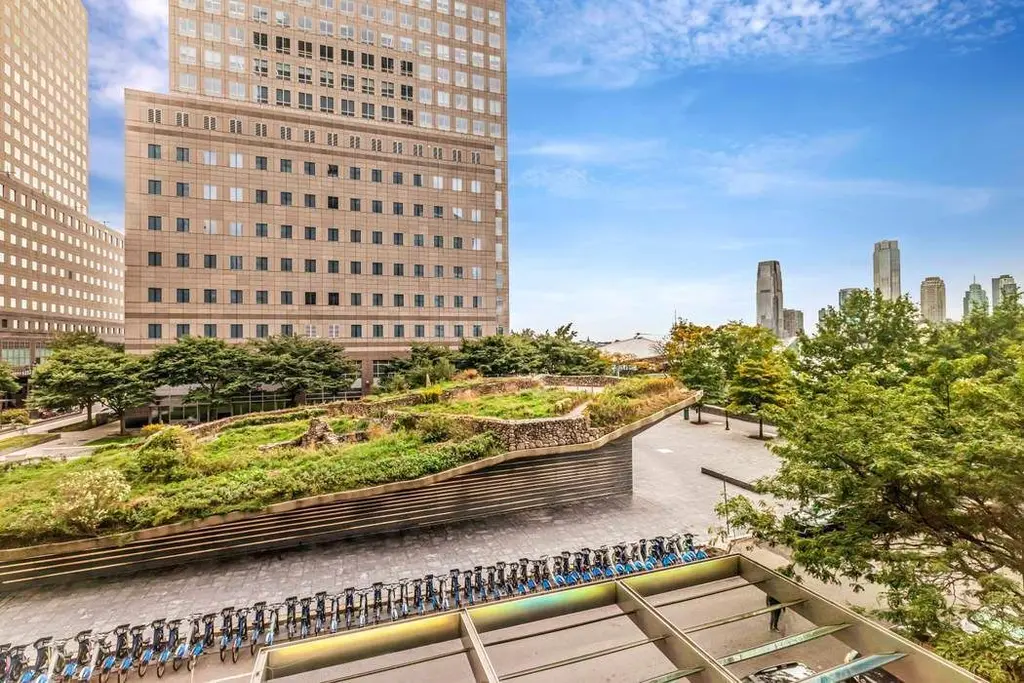
205 East 63rd Street, #11BA
$1,275,000 (-27.1%)
Lenox Hill | Cooperative | 4 Bedrooms, 3 BathsThis is a land-leased building that expires in 2097
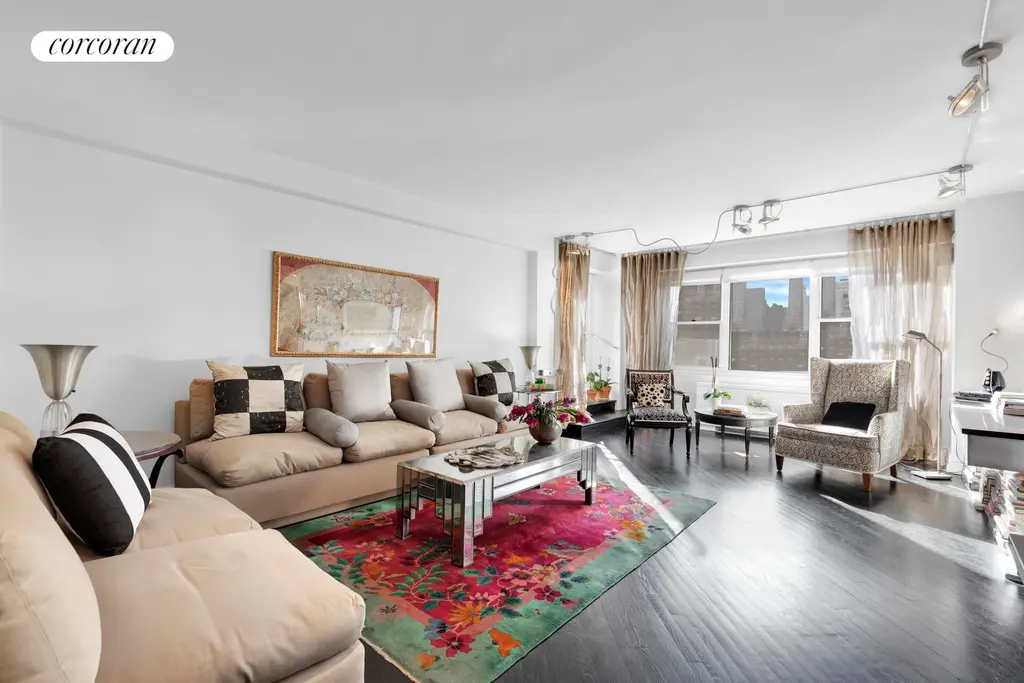
205 East 63rd Street, #11BA (Corcoran Group)

Hudson View East, #3B
$850,000 (-5.5%)
Battery Park City | Condominium | 2 Bedrooms, 2 Baths | 830 ft2BPCA land lease master 2119
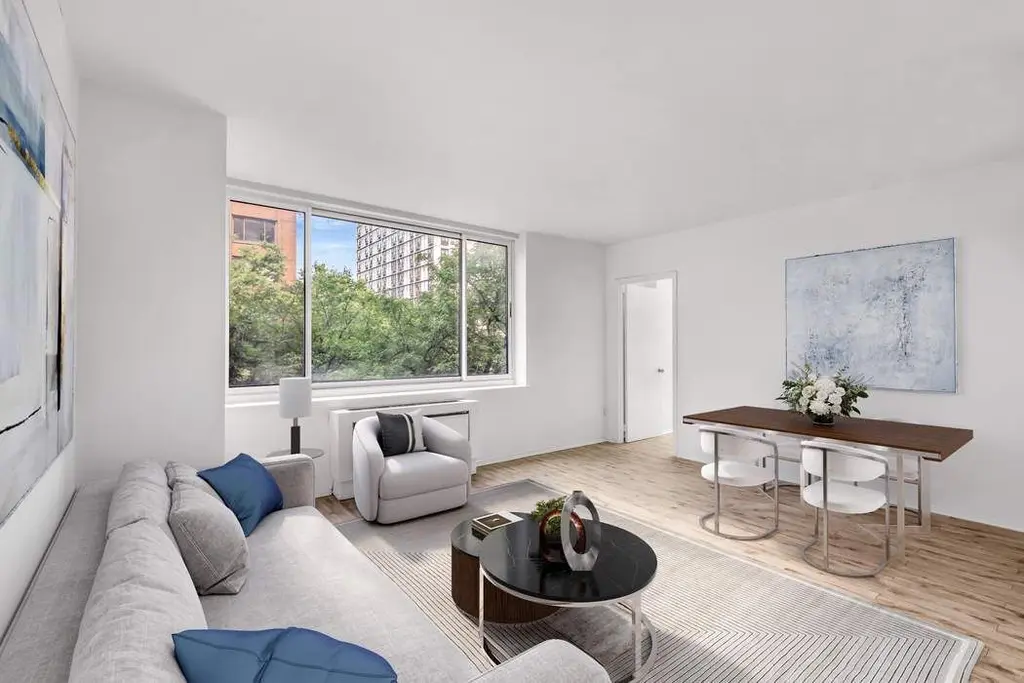
Hudson View East, #3B (Sothebys International Realty)
The Beekman, #407
$695,000
Park/Fifth Ave. to 79th St. | Cooperative | 2 Bedrooms, 2 BathsBPCA land lease master 2124
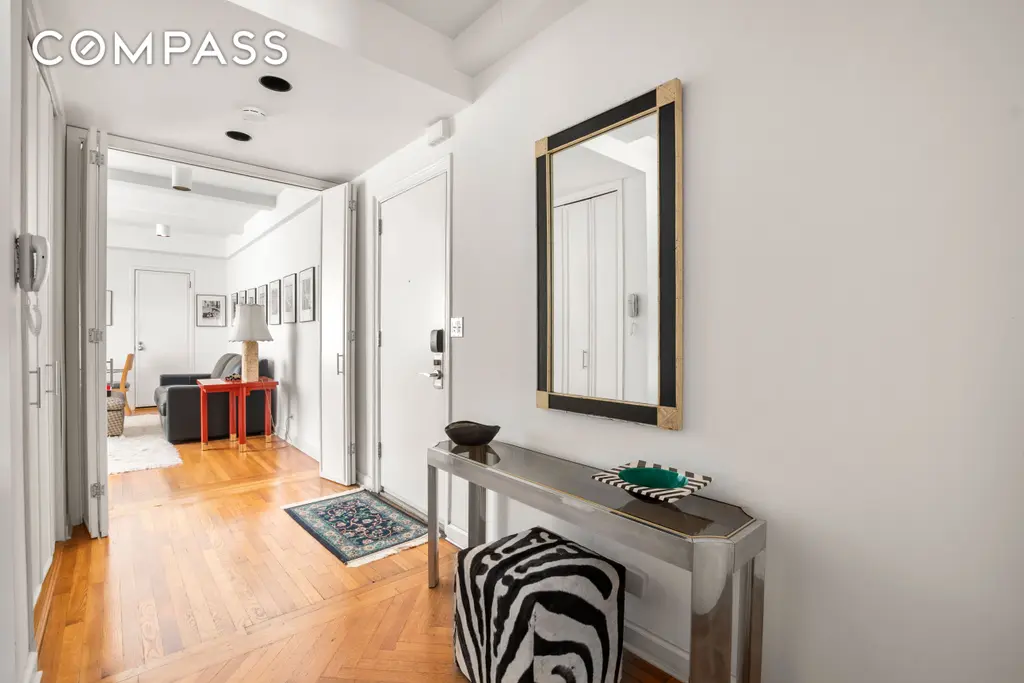
The Beekman, #407 (Compass)
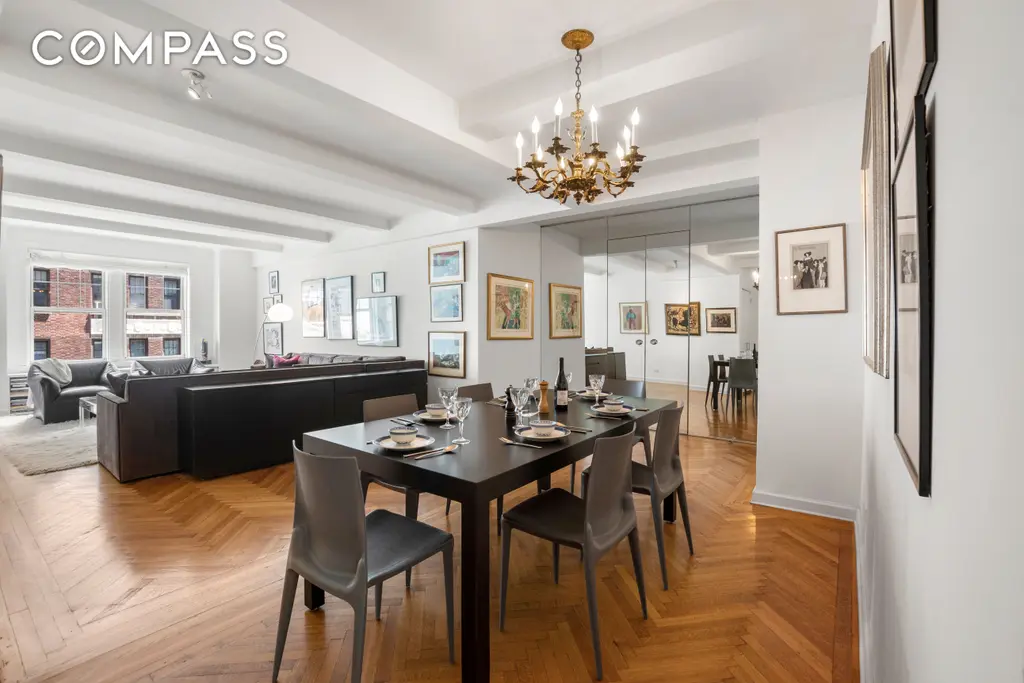
Battery Pointe, #5D
$650,000
Battery Park City | Condominium | 1 Bedroom, 1 Bath | 625 ft2BPCA land lease master 2119

Battery Pointe, #5D (Sothebys International Realty)
Hudson View West, #3K
$570,000
Battery Park City | Condominium | 1 Bedroom, 1 Bath | 624 ft2BPCA land lease master 2119
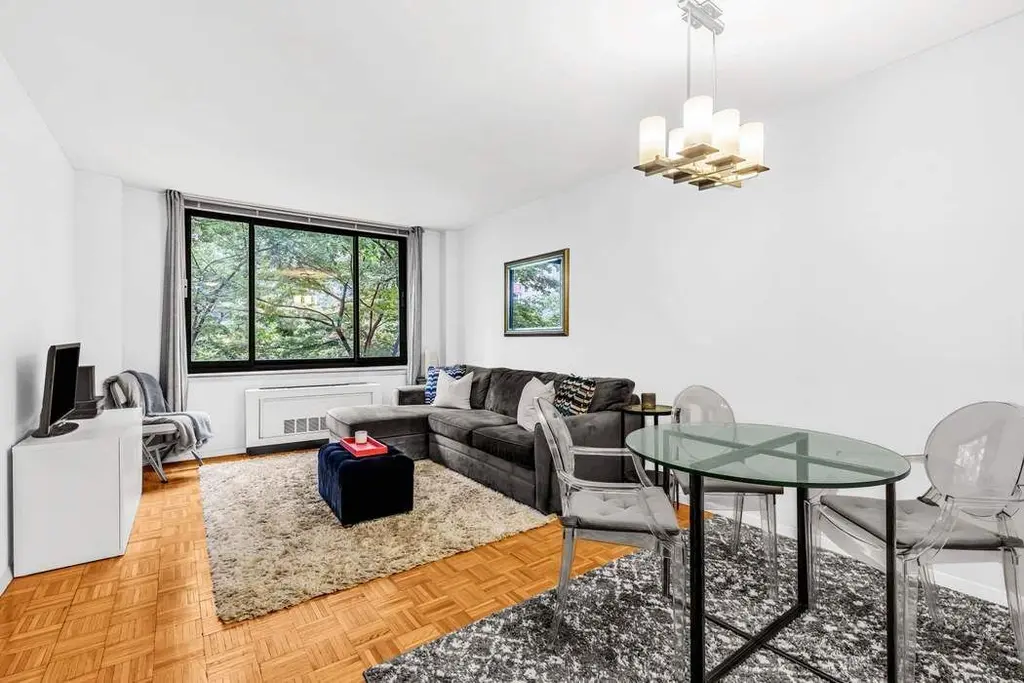
Hudson View West, #3K (Sothebys International Realty)
420 Beekman Hill, #5D
$500,000
Beekman/Sutton Place | Cooperative | 2 Bedrooms, 2 Baths | 1,250 ft2This is a land-leased building that expires in 2070
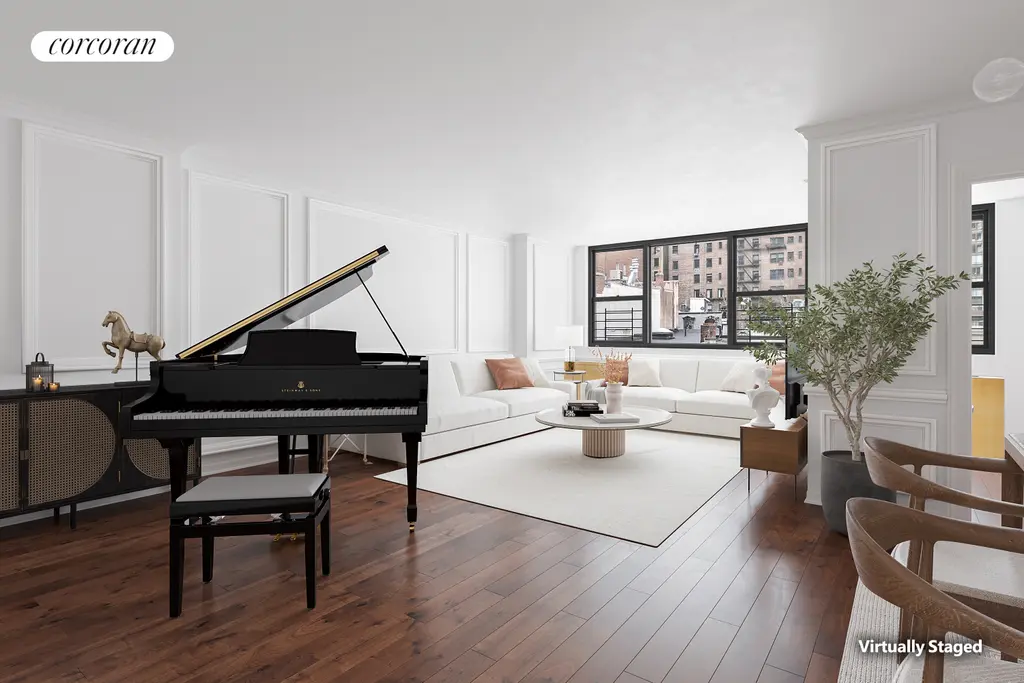
420 Beekman Hill, #5D (Corcoran Group)
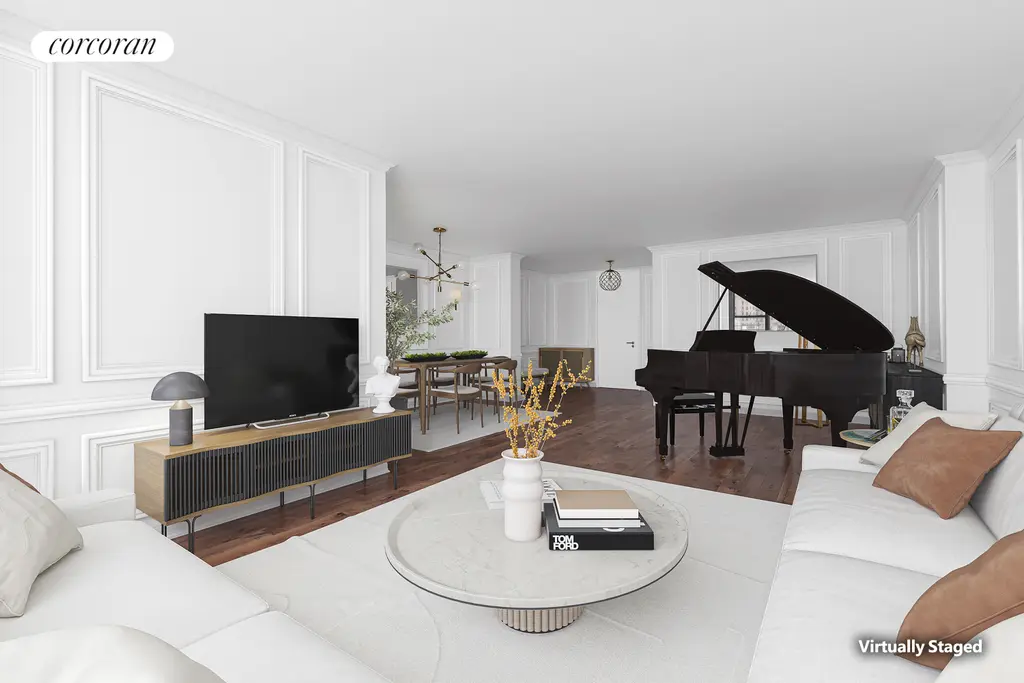
150 East 61st Street, #6A
$449,000 (-10.2%)
Lenox Hill | Condop | 1 Bedroom, 1 BathThis is a land-leased building that expires in 2109
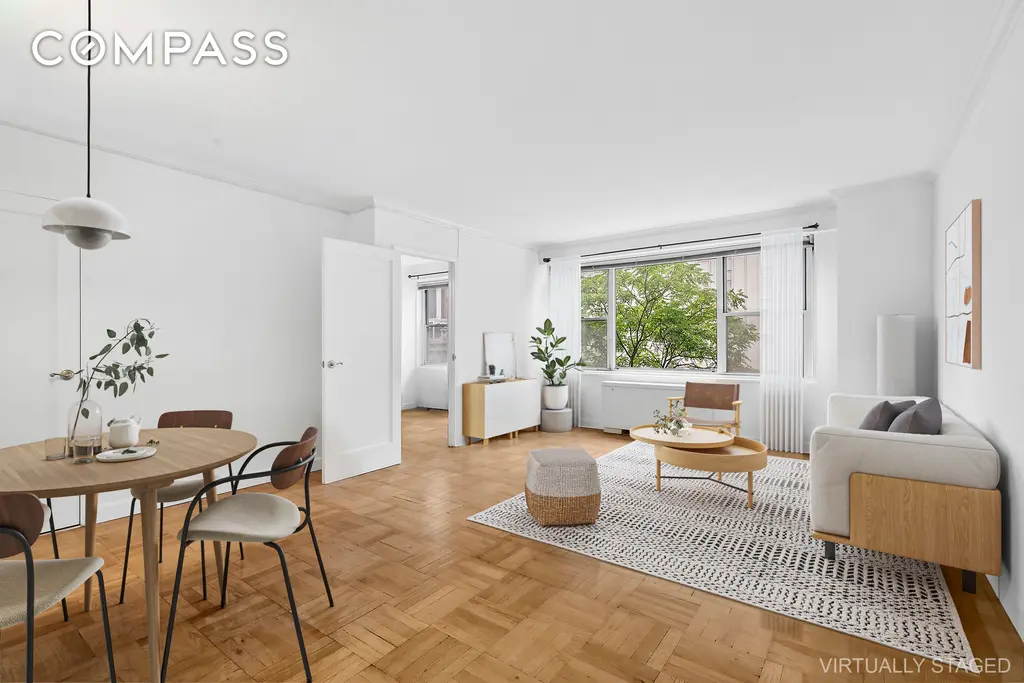
150 East 61st Street, #6A (Compass)
242 East 25th Street, #8E
$379,000
Gramercy Park | Condop | 1 Bedroom, 1 Bath | 600 ft2This is a land-leased building that expires in 2102
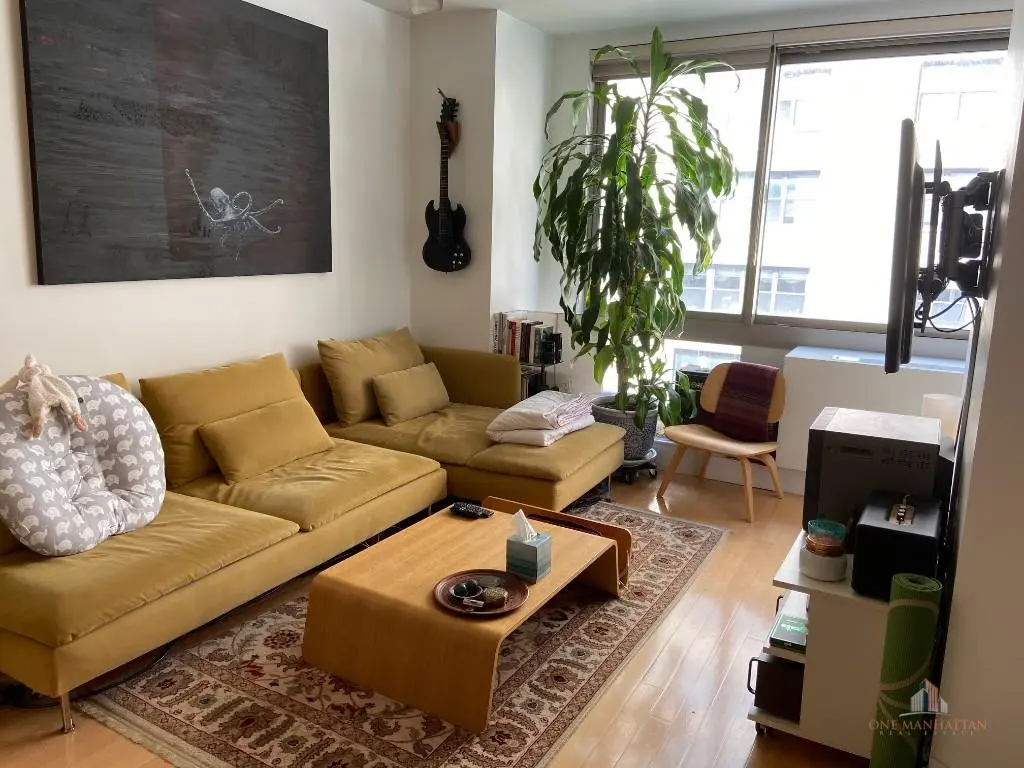
242 East 25th Street, #8E (One Manhattan Real Estate LLC)
Would you like to tour any of these properties?
Just complete the info below.
Or call us at (212) 755-5544
Would you like to tour any of these properties?

Contributing Writer
Cait Etherington
Cait Etherington has over twenty years of experience working as a journalist and communications consultant. Her articles and reviews have been published in newspapers and magazines across the United States and internationally. An experienced financial writer, Cait is committed to exposing the human side of stories about contemporary business, banking and workplace relations. She also enjoys writing about trends, lifestyles and real estate in New York City where she lives with her family in a cozy apartment on the twentieth floor of a Manhattan high rise.

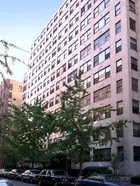
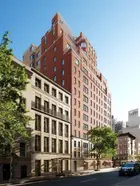
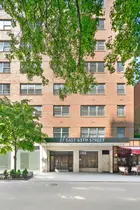
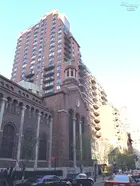
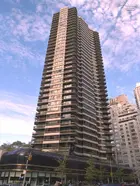
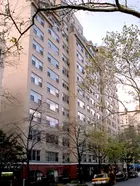
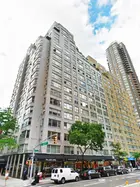
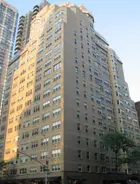
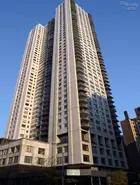
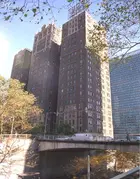
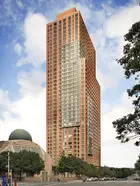
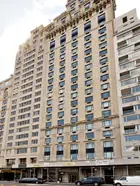
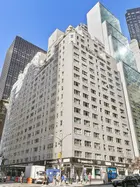
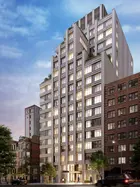
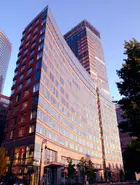
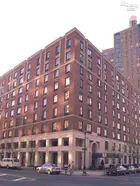

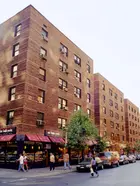
 6sqft delivers the latest on real estate, architecture, and design, straight from New York City.
6sqft delivers the latest on real estate, architecture, and design, straight from New York City.
